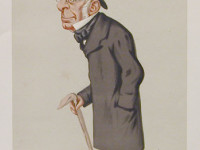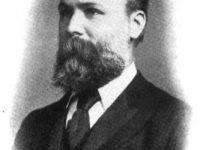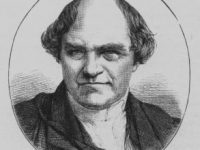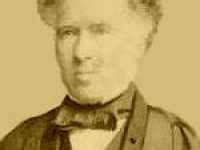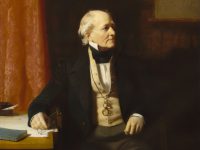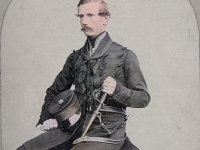The Astronomical Achievements of Sir George Biddell Airy
On July 27, 1801, English mathematician, astronomer, and Astronomer Royal George Biddell Airy was born. His many achievements include work on planetary orbits, measuring the mean density of the Earth, a method of solution of two-dimensional problems in solid mechanics and, in his role as Astronomer Royal, establishing Greenwich as the location of the prime meridian. “It is not simply that a clear understanding is acquired of the movements of the great bodies which we regard as the system of the…
Read more

